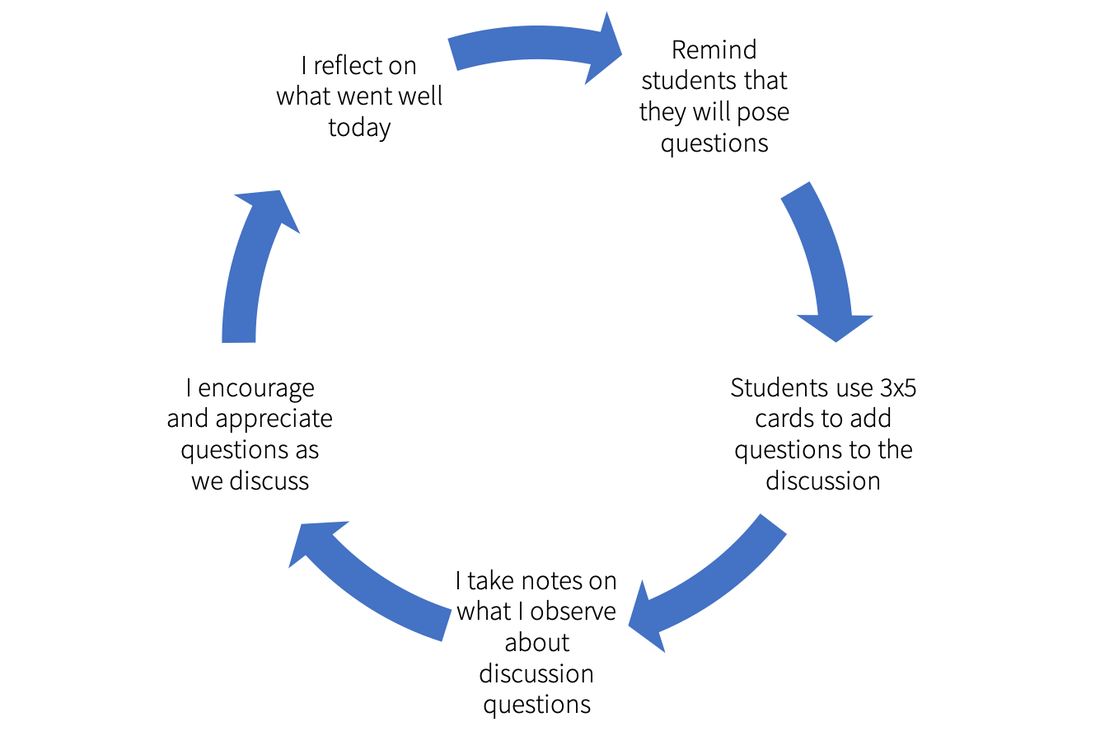|
Approaching change as if you’re training for hurdles is a practical way to address and overcome any fears that may surface.
Fear of change is real and challenging.
Fear manifests itself in different ways for each of us, whether it means becoming defensive in the middle of a coaching conversation, avoiding a colleague you’re paired with, or becoming paralyzed at the prospect of dealing with conflict directly and openly. As Roberta Lenger Kang noted in Don't take it personally: de-escalating conflicts in the classroom, “The more fear we have, the more likely we are to become hyper-vigilant micro-managers in the classroom, which can sometimes magnify small issues and escalate conflicts…” Whether you’re affected by a change taking place or you’re implementing change that will affect others, treating the process as if you’re training for hurdles is a practical way to address and overcome fear of change in yourself and as you lead others. This training can be broken into three parts.
Before change: flexibility and preparation
Before enacting a change, stretch, practice, and count. Stretch: Whatever the change, find where you already have some flexibility and elongate it.
Practice: When preparing for a change, implement small steps on your way to the starting line or implementation date.
Count: When leading change, you know teachers will have some level of anxiety or fear of change. It’s normal.
During change: keep moving forward, but pace yourself
During a process of change, speed up toward the first hurdle, run steady through the middle, and finish strong. Speed up: After laying the foundation for the change ahead, consider taking the first hurdle of actual change with excitement, energy, and speed. With a little extra energy, you can leap through the discomfort and make it over the first goal.
Run steady: After the initial hurdle, move forward steadily, pacing yourself as you go. You’ve already entered into a new way of teaching, so keep the changes to a minimum.
Finish strong: As you round the corner toward a natural check-in point, gather some energy.
After change: celebrate and reflect
After implementing change, allow yourself time and space to reflect on your experience and celebrate your successes. Celebrate: Pick a finish line. The finish line may be obvious, like the end of a unit or the semester. It may be decided by administration based on an outside deadline. It could be ongoing, like making a change that lasts the entire school year and beyond. If that’s the case, choose a check-in as your finish line. When you get to the finish line, celebrate. You did it! You engaged in change. You may or may not feel like it went well, but that doesn’t affect the celebration. To celebrate, you simply share with yourself, and others if possible, that you made it to a finish line! Find a way to concretize the celebration, whether in writing, capturing your success using social media, or sending an email to people who care about you. If you’re leading change, consider making a well-deserved certificate for your teachers or students to commemorate their progress. Reflect: To make the most of your experience, find the time to reflect. Find ways to adjust your practice going forward, and ask more questions about what is possible. What went well? What would you like to see more of? What questions came up that you’d like to explore? Journal, use a template (create your own or download our What, So What, Now What tool), or make a list of what you want to talk about with your academic coach or colleagues. Hurdle after hurdle, make a habit of attempting your jumps. Whether you sail over them, tip them, or knock them over, you’ll give yourself the opportunity to learn from every leap and fall. |
|
The Center for Professional Education of Teachers (CPET) at Teachers College, Columbia University is committed to making excellent and equitable education accessible worldwide. CPET unites theory and practice to promote transformational change. We design innovative projects, cultivate sustainable partnerships, and conduct research through direct and online services to youth and educators. Grounded in adult learning theories, our six core principles structure our customized approach and expand the capacities of educators around the world.
|
ABOUT US
525 West 120th Street, Box 182 New York, NY 10027 416 Zankel Ph: (212) 678-3161 [email protected] Our Team Career Opportunities |
RESOURCES
Professional Articles Ready-to-Use Resources Teaching Today Podcast Upcoming PD Opportunities |
COACHING SERVICES
Custom Coaching Global Learning Alliance Literacy Unbound New Teacher Network Student Press Initiative |






















